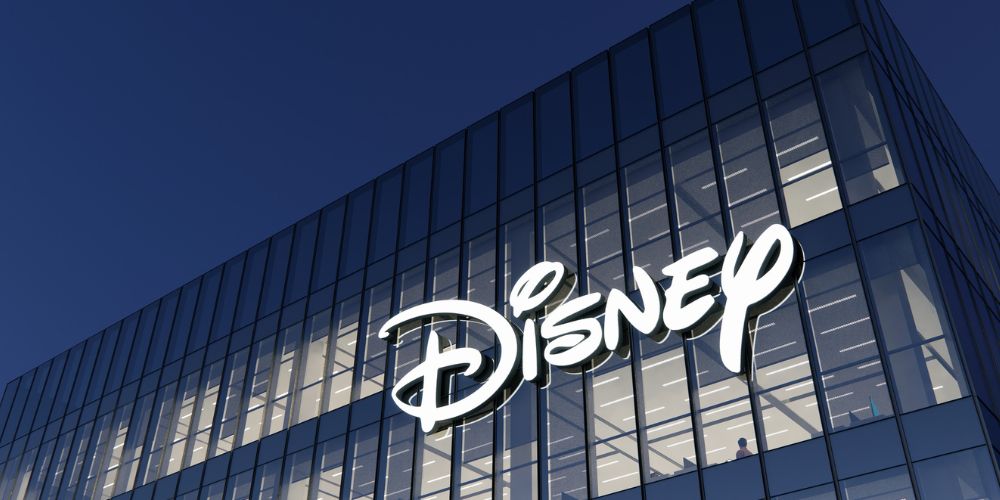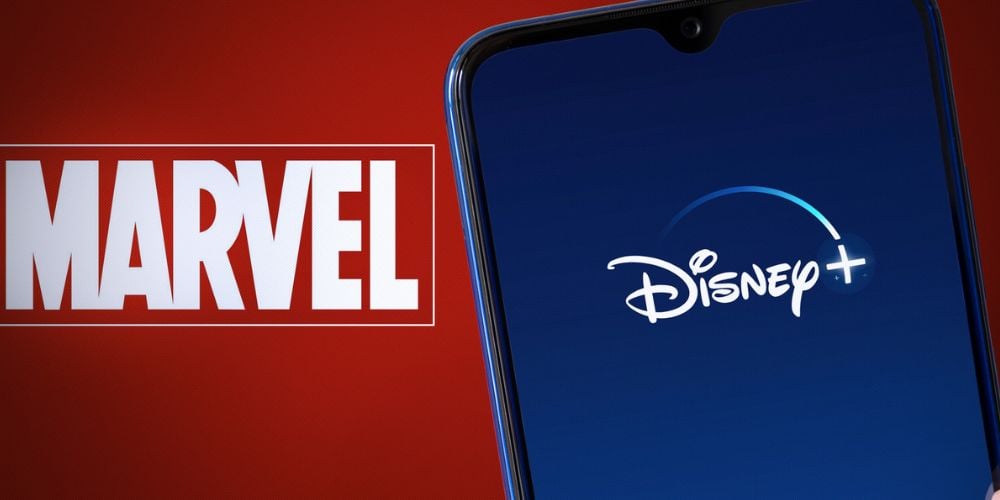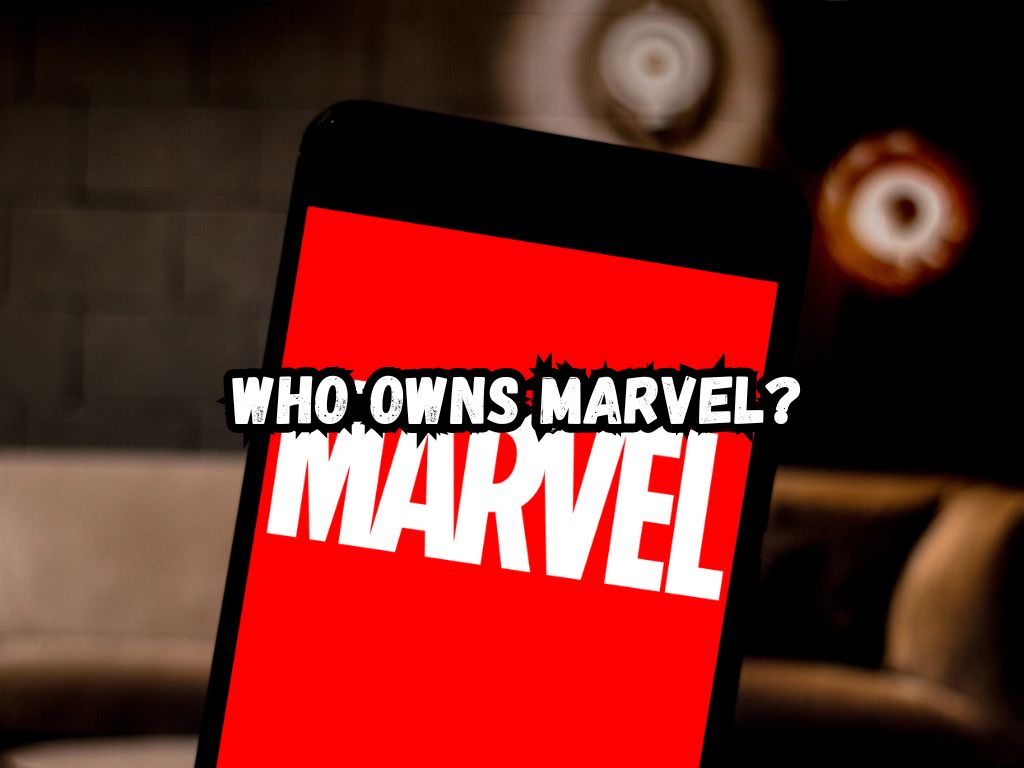Marvel Entertainment has become synonymous with the superhero genre, captivating audiences around the world with its iconic characters, engaging storylines, and groundbreaking movies. But, who owns Marvel?
To fully understand the Marvel universe, it is essential to dive into the ownership structure of Marvel and explore how it has evolved over the years.
Marvel’s Previous Ownership
Marvel Entertainment went through a major ownership change in the late 1980s when Ronald Perelman acquired Marvel Entertainment Group Inc. through his company MacAndrews & Forbes Holdings.
This shift in ownership brought about significant changes for Marvel. Under Perelman’s leadership, Marvel pursued an ambitious expansion strategy, aiming to go beyond just comics and branch out into other forms of media such as toys, films, and television.
This strategic move allowed Marvel to tap into a wider audience and fully capitalize on its rich roster of beloved characters. The diversification of Marvel’s offerings proved successful initially, as the company experienced a significant boost in popularity and market presence.
However, Marvel soon encountered financial difficulties and faced various challenges. These challenges ultimately led to the company filing for bankruptcy protection in 1996.
The bankruptcy filing forced a reevaluation of Marvel’s ownership structure and raised concerns about the future prospects of the company.
During this period, Marvel underwent significant restructuring and refinancing efforts to recover from its financial setbacks.
The bankruptcy process involved a careful examination of Marvel’s assets, liabilities, and overall business model, all with the goal of ensuring the company’s survival and long-term sustainability.
Despite the bankruptcy filing, Marvel managed to overcome its financial hardships and emerge stronger. The company implemented changes in its management and operational strategies to drive growth and profitability. These efforts eventually paved the way for Marvel to regain its footing and set the stage for its future success.
In summary, Ronald Perelman’s acquisition of Marvel Entertainment brought about a period of expansion and diversification for the company.

Disney’s Acquisition
The Surprising Move
In 2009, The Walt Disney Company made a groundbreaking move by acquiring Marvel Entertainment for a staggering $4 billion.
This acquisition surprised many industry insiders and fans alike, as Disney had primarily focused on family-friendly content prior to this deal.
Tapping into New Storytelling Opportunities
The acquisition provided Disney with access to Marvel’s vast library of characters and intellectual properties, paving the way for new storytelling opportunities across various media platforms.
Disney recognized the immense potential of Marvel’s superheroes and saw how they could complement its existing franchises and appeal to a broader audience.
The Strategic and Valuable Deal
The acquisition of Marvel by Disney was not just a financial investment but a strategic one as well.
It allowed Disney to expand its creative portfolio and tap into the growing popularity of superhero movies, particularly after the success of “Iron Man” in 2008. This move positioned Disney as a dominant force in the entertainment industry.
Marvel’s Subsequent Developments
Under Disney’s ownership, Marvel experienced unprecedented growth and success. The Marvel Cinematic Universe (MCU) took center stage, captivating audiences with interconnected storylines, compelling characters, and breathtaking visual effects. The acquisition provided Marvel with the resources, support, and global reach needed to produce high-quality movies that resonated with fans worldwide.
The success of the MCU led to an expansion beyond the silver screen. Marvel characters started appearing on television shows, streaming platforms, and even theme park attractions.
Disney’s expertise in storytelling and extensive distribution network allowed for seamless integration of Marvel’s IP into various media platforms, creating a cohesive universe and further capitalizing on the immense popularity of Marvel’s characters.
Who Owns Marvel? Marvel’s Current Ownership
Currently, Marvel Entertainment operates as a wholly-owned subsidiary of The Walt Disney Company. This means that all aspects of Marvel’s operations, including film, television, publishing, and merchandising, fall under Disney’s umbrella.
The acquisition by Disney has provided Marvel with stability, financial backing, and a larger platform to showcase its creativity.
The partnership between Marvel and Disney goes beyond just ownership. The collaboration has allowed Marvel to tap into Disney’s extensive distribution network, ensuring global reach for its movies, TV shows, and merchandise.
Together, Marvel and Disney have found immense success, with Marvel’s movies consistently performing well at the box office and contributing significantly to Disney’s overall revenue.

Frequently Asked Questions
Who owned Marvel before Disney?
Before Disney, Marvel Entertainment was owned by Ronald Perelman, who acquired the company in the late 1980s through his company MacAndrews & Forbes Holdings.
When did Disney acquire Marvel?
Disney acquired Marvel Entertainment in 2009.
What was the significance of Disney’s acquisition of Marvel?
Disney’s acquisition of Marvel provided access to a vast library of characters and intellectual properties, allowing the creation of the highly successful Marvel Cinematic Universe and expansion into various media platforms.
Are all Marvel movies produced by Disney?
Yes, all Marvel movies are produced and distributed by Disney through its subsidiary, Marvel Studios.
What impact did Disney’s ownership have on Marvel’s creative direction?
Disney’s ownership has provided Marvel with the resources and support to produce high-quality movies and expand into various media platforms while maintaining creative control over its storytelling.
How has Marvel’s ownership affected its collaboration with other studios?
Since Marvel’s acquisition by Disney, the company has had more control over its collaborations with other studios, allowing for tighter integration of characters and storylines within the Marvel Cinematic Universe.
Conclusion
Marvel Entertainment’s ownership has seen significant transformations over the years. From its previous ownership by Ronald Perelman to its acquisition by The Walt Disney Company, Marvel has experienced immense growth and success.
The collaboration with Disney has allowed Marvel to reach new heights, expanding its creative endeavors and captivating audiences globally.
As Marvel continues to evolve and introduce new characters, the question of ownership remains crucial to understanding the company’s path and successes.
So, the next time you enjoy a Marvel movie or dive into a comic book, remember the journey of ownership that has shaped the Marvel universe we know and love today.


 Tags:
Tags:










